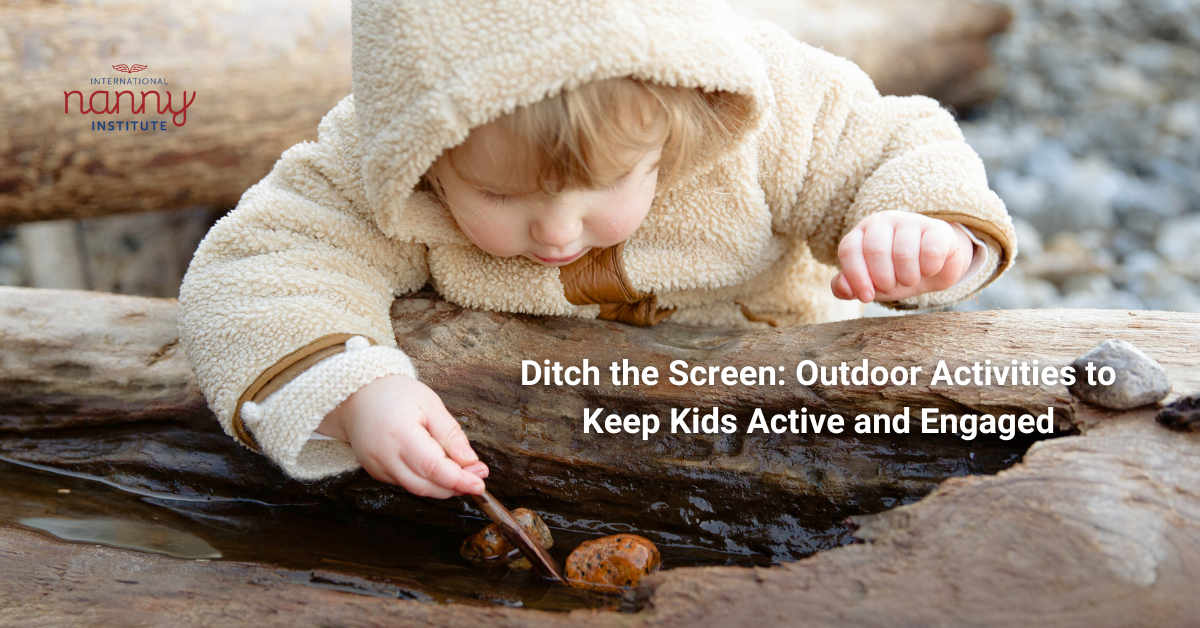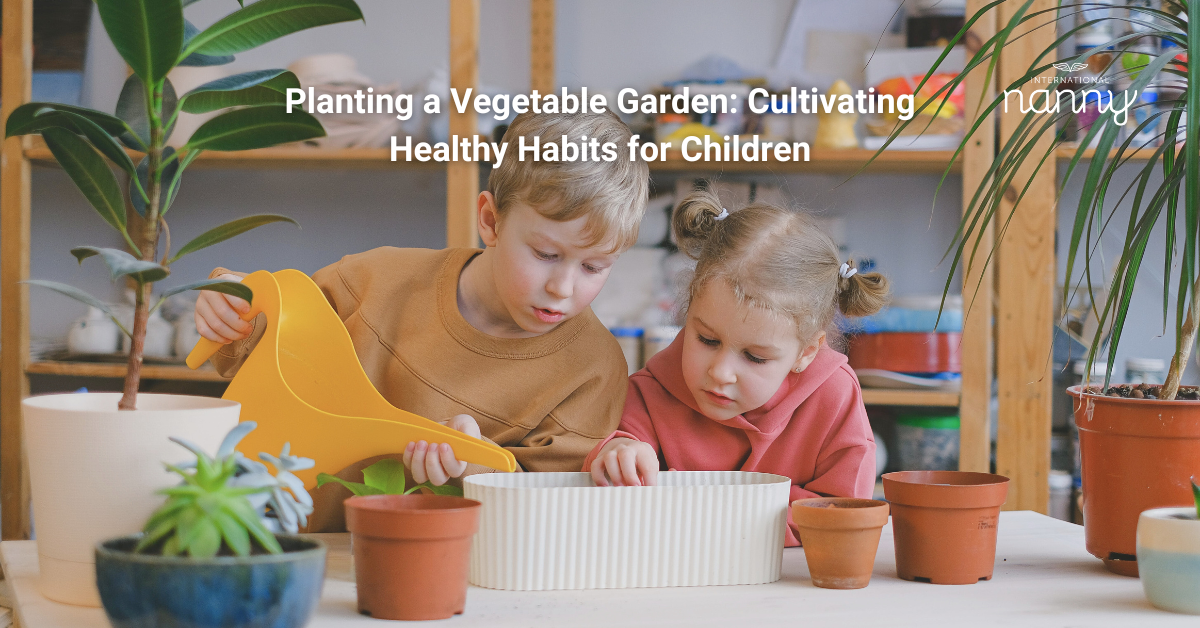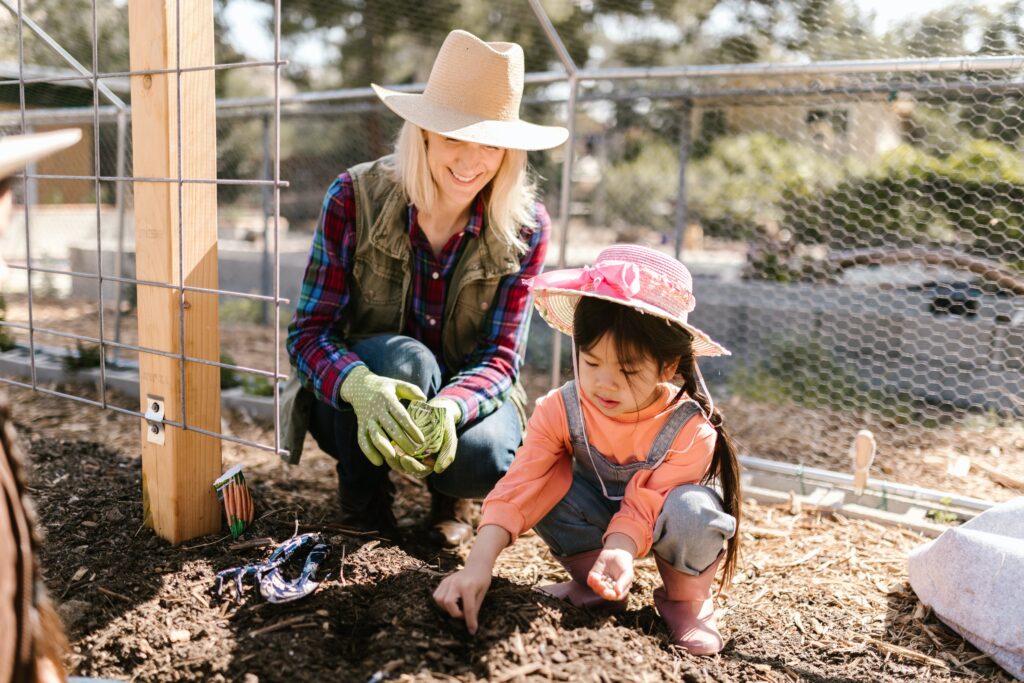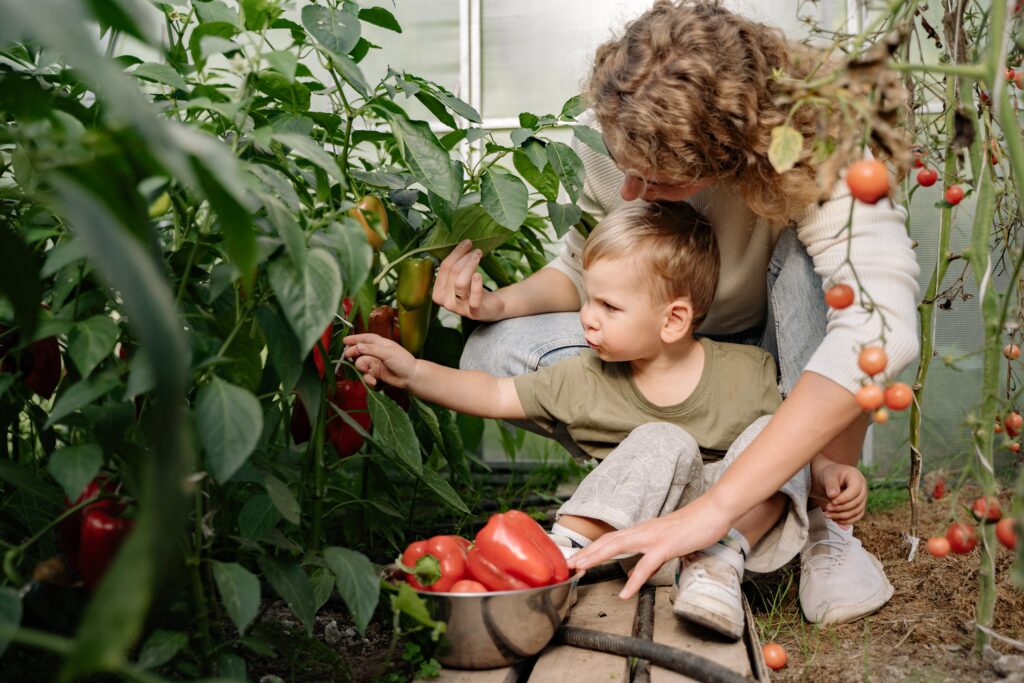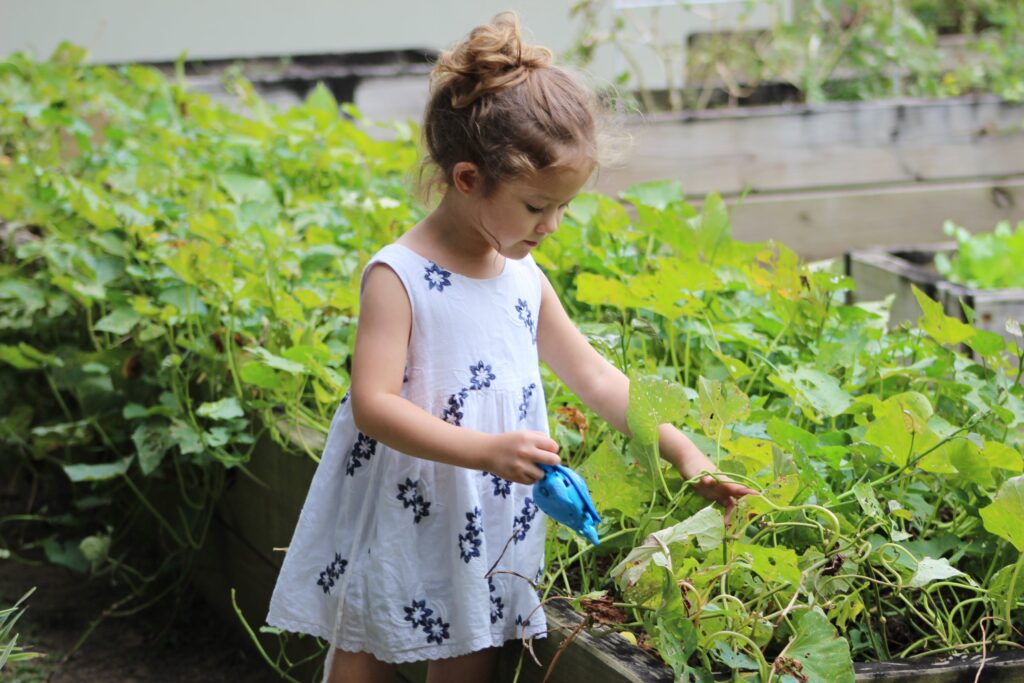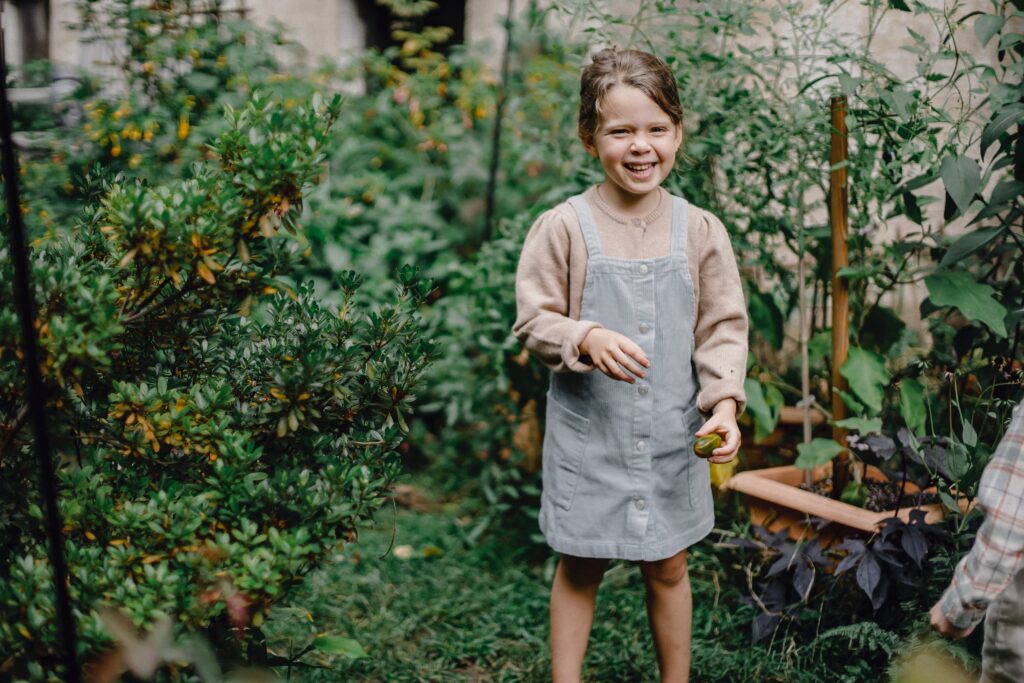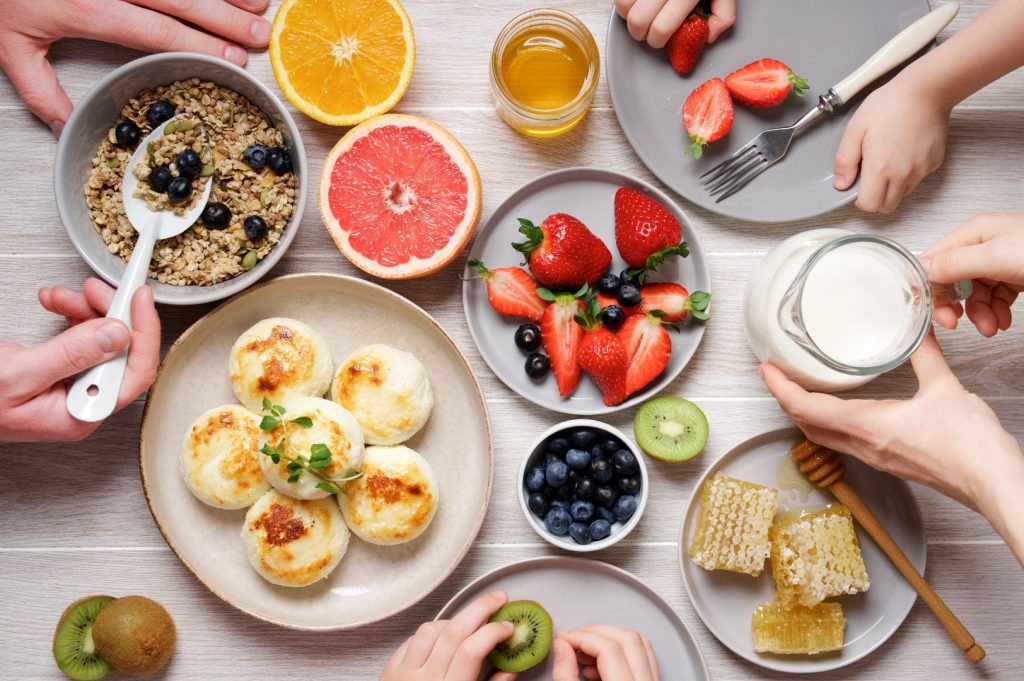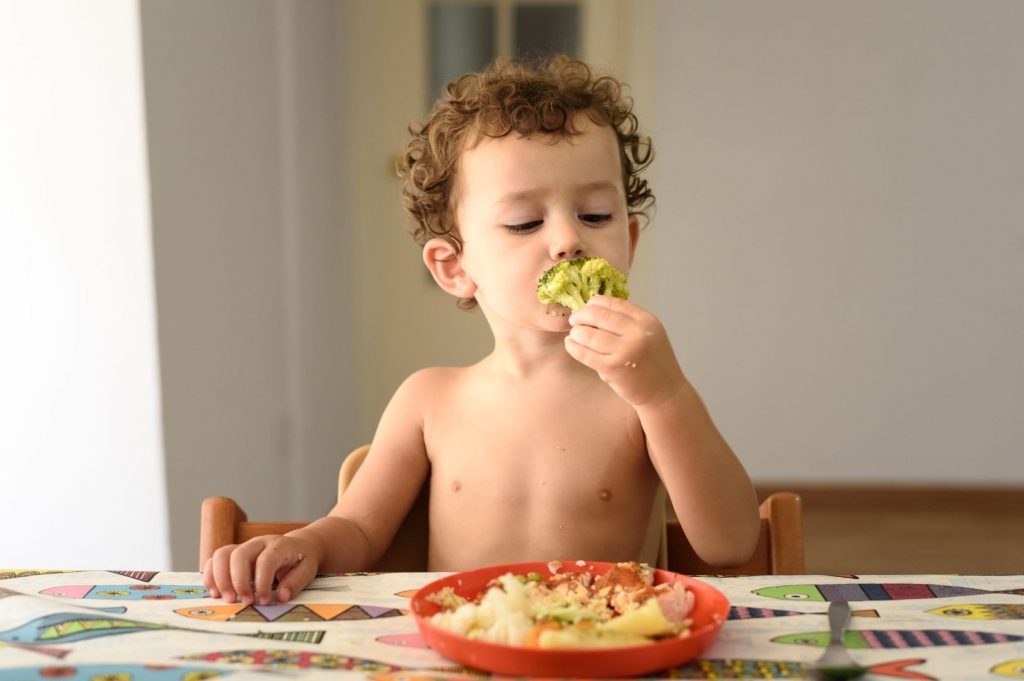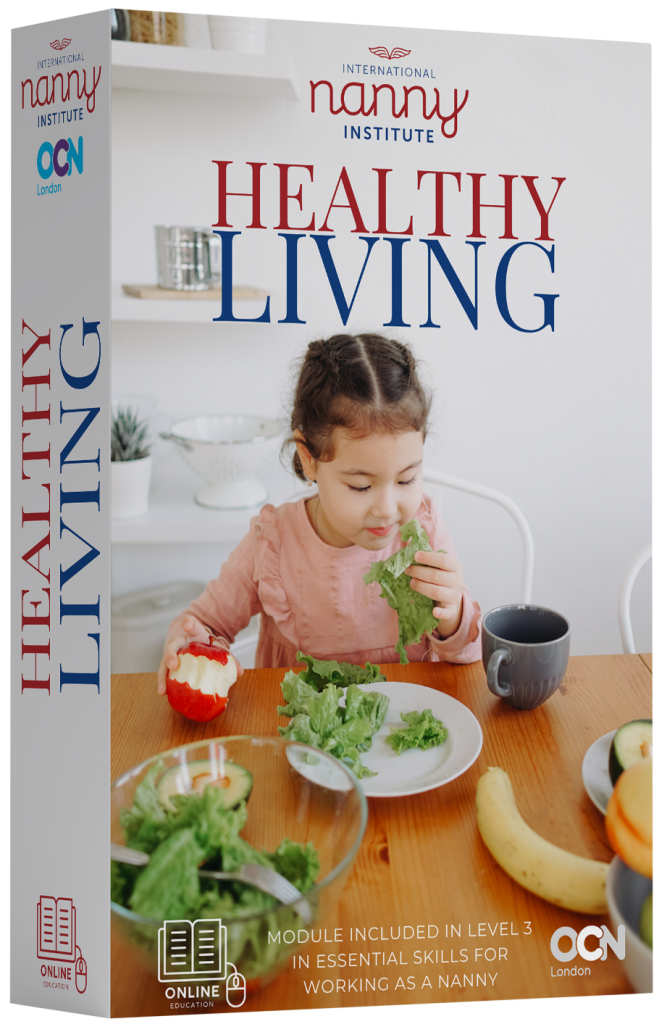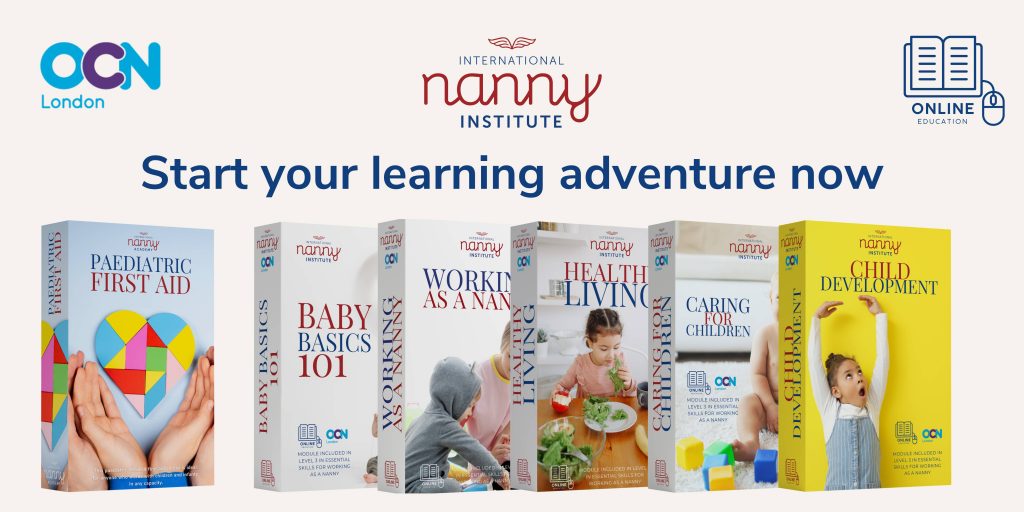In today’s digital age, it’s becoming increasingly important to encourage children to spend less time in front of screens and more time engaging with nature and physical movement. As a nanny, you have the power to inspire and facilitate outdoor activities that promote a healthy and active lifestyle for the children you care for. In this blog, we will explore a range of exciting outdoor activity ideas that will captivate their imaginations, foster their physical development, and cultivate a deeper connection with nature.

Obstacle Course
Set up an obstacle course in the backyard or local park using hula hoops, cones, jump ropes, and other household items. Children can navigate through the course, climbing, jumping, and crawling, developing their motor skills, coordination, and balance.
Nature Scavenger Hunt
Create a list of items found in nature, such as pine cones, flowers, rocks, or different types of leaves. Encourage the children to explore their surroundings and check off each item they find. This activity promotes observation skills, curiosity, and a sense of adventure.

Outdoor Yoga
Take the yoga mats outside and guide the children through a fun and interactive yoga session. Incorporate animal-themed poses, such as downward dog or cat-cow, to make it engaging and entertaining. Outdoor yoga helps children improve flexibility, body awareness, and mindfulness.
Bike Riding
Take the children for a bike ride in a safe and suitable area, such as a park or bike trail. Riding bikes promotes cardiovascular fitness, coordination, and confidence. It’s an exhilarating way to explore the surroundings and develop a love for outdoor physical activities.
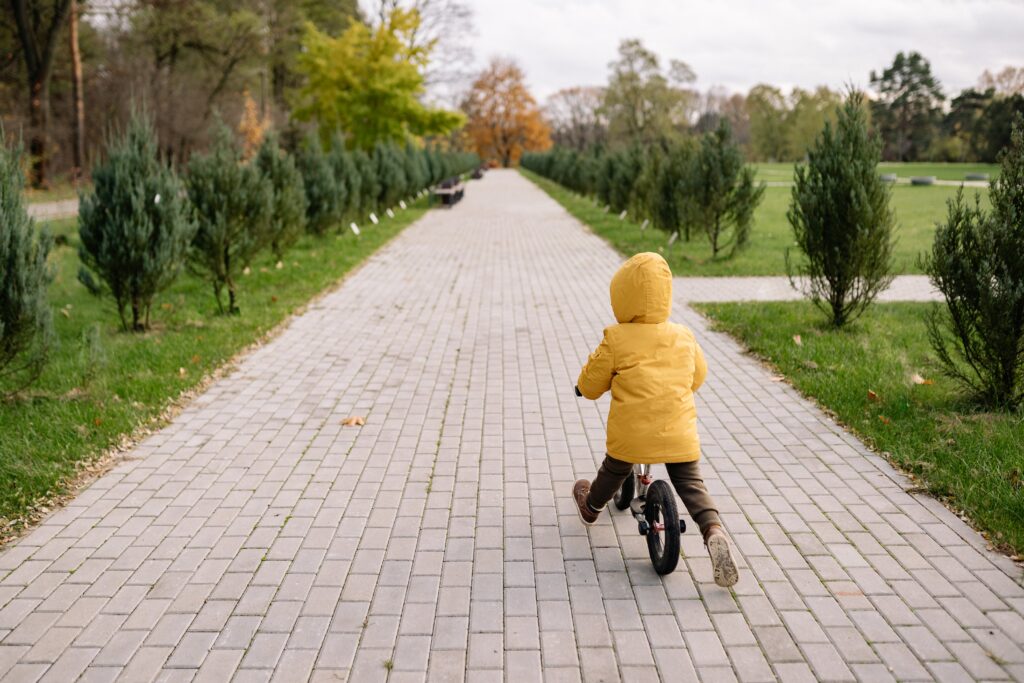
Nature Art
Encourage children to express their creativity by creating art using natural materials found outdoors. They can make leaf rubbings, paint with mud and natural dyes, or build sculptures using sticks and stones. This activity fosters imagination, fine motor skills, and an appreciation for the beauty of the natural world.
Outdoor Science Experiments
Conduct simple science experiments outdoors, such as observing cloud formations, studying insect behaviour, or learning about the water cycle through water play. These activities stimulate curiosity, critical thinking, and a fascination for the natural world.
Gardening
Engage children in gardening activities, such as planting flowers, watering plants, or growing vegetables. Gardening teaches them about the importance of nurturing living things, fosters responsibility, and provides a connection to the natural world. It’s a hands-on activity that encourages curiosity and patience.
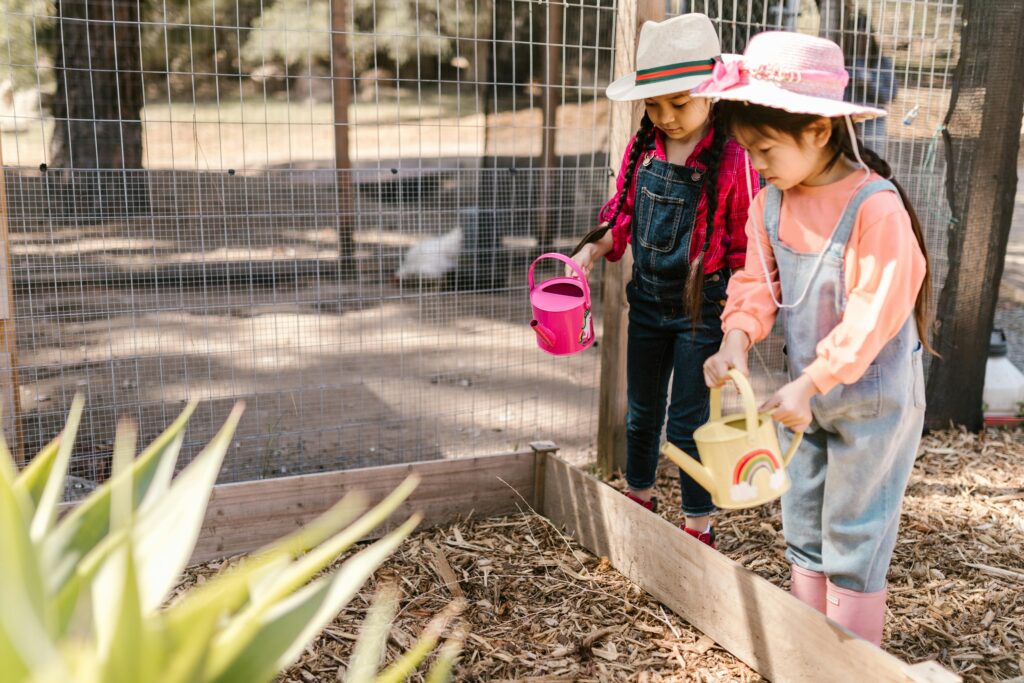
Nature Walks
Take the children on nature walks in local parks or nature reserves. Encourage them to observe and identify different plants, trees, and wildlife. Nature walks promote physical activity, sensory exploration, and a sense of wonder and appreciation for the environment.
Water Play
Set up a water play station in the backyard with sprinklers, water balloons, or a small inflatable pool. Water play is not only refreshing and fun but also enhances motor skills, coordination, and sensory development.
Outdoor Storytelling
Find a shady spot outdoors and engage the children in storytelling sessions. Encourage their imagination by incorporating elements from nature into the stories. This activity fosters language development, creativity, and a love for storytelling.
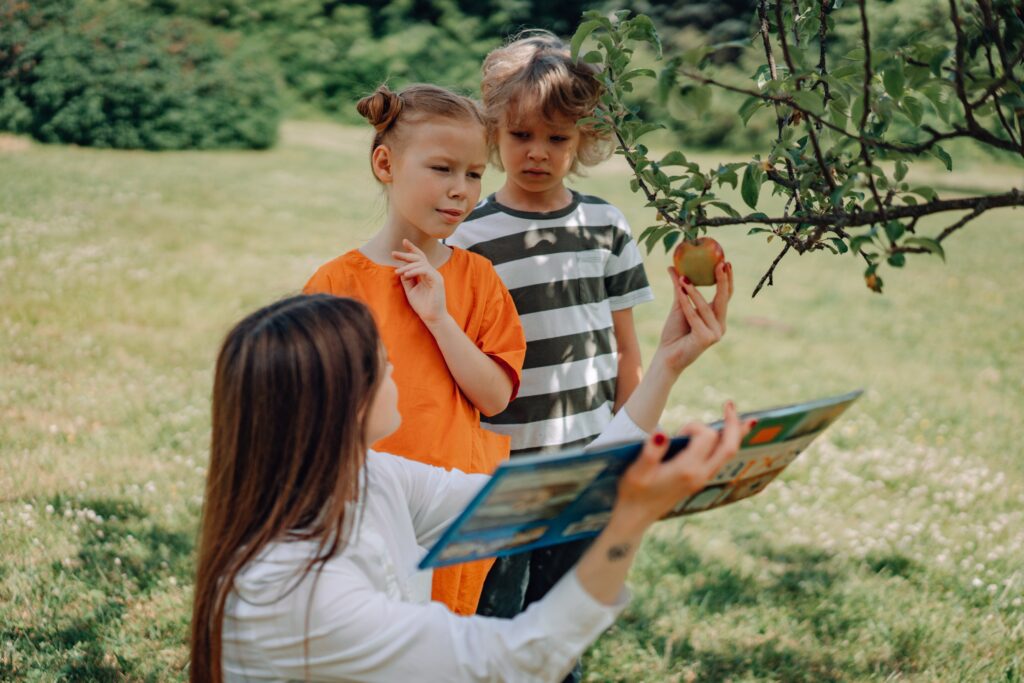
Outdoor play is not only fun but also comes with a multitude of benefits for children’s physical, cognitive, and emotional development. As a nanny, you have the incredible opportunity to inspire their curiosity, creativity, and love for the great outdoors. Healthy Living equips you with the knowledge and techniques to design exciting outdoor adventures that shape children’s lives and nurture their overall well-being.
By enrolling in Healthy Living, you’ll learn how to create outdoor activities that promote physical fitness, stimulate cognitive growth, and foster emotional well-being. From interactive nature walks to engaging scavenger hunts, you’ll discover a wide range of strategies to captivate children’s interest and encourage their exploration of the natural world.
Ditching the screens and embracing the wonders of nature allows children to experience the beauty and serenity of their surroundings while fostering a deeper connection with the environment. Imagine the joy on their faces as they discover new plants and animals, feel the warmth of the sun on their skin, and breathe in the fresh air. These moments will create cherished memories that will stay with them for a lifetime. Furthermore, by completing Healthy Living, you’ll set yourself apart as a nanny who prioritises holistic child care and understands the importance of outdoor play. Potential employers will recognise your dedication to nurturing children’s well-being and providing them with enriching experiences. This course opens doors to new career opportunities and positions you as a sought-after professional in the field.
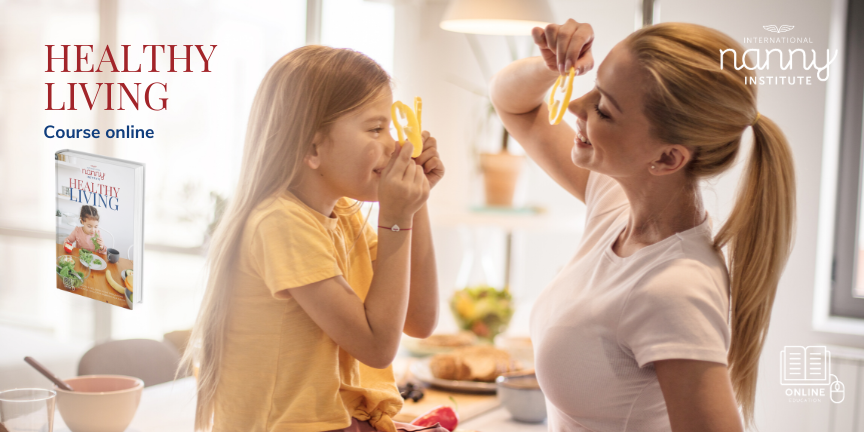
So, let’s embark on this exciting journey together. Enrol in Healthy Living today and learn how to create outdoor adventures that shape children’s lives, nurture their well-being, and create cherished memories of their time spent in the great outdoors. Become the nanny who inspires a lifelong love for nature and makes a lasting impact on children’s lives.

